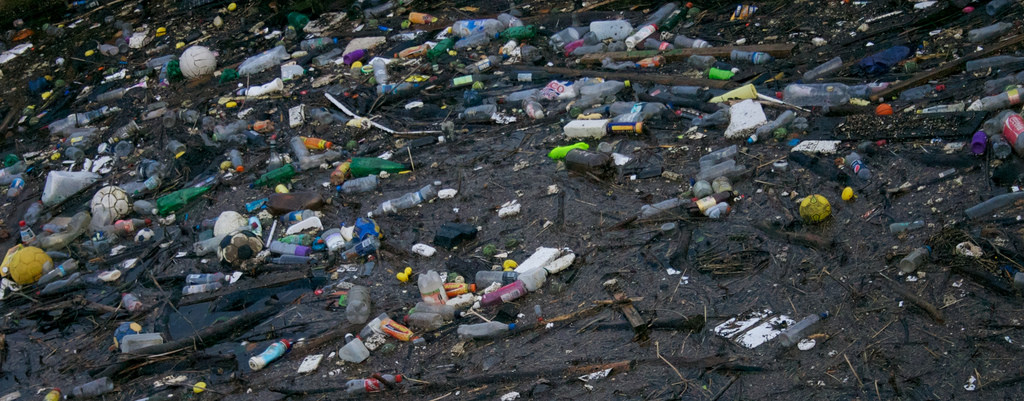News
EU to partner with PH, other nations on managing plastic use

The initiative called “Plastic Asia Regional Programme,” with a 10-million-euro budget, is a multi-donor action jointly co-financed by EU and Germany. (File Photo: Edinburgh Greens/Flickr, CC BY 2.0)
MANILA — The European Union (EU) will launch a regional program in 2019 to strengthen cooperation with the Philippines, and select countries in east and southeast Asia towards “sustainable” consumption and production of plastic which had been contributing to problems posed by climate change.
The initiative called “Plastic Asia Regional Programme,” with a 10-million-euro budget, is a multi-donor action jointly co-financed by EU and Germany.
It will be implemented by the Deutsche Gesellschaft für Internationale Zusammenarbeit (GIZ) and Expertise France (EF).
The action will support bilateral and regional policy dialogues in targeted countries, namely China, Philippines, Indonesia, Vietnam, Thailand, Japan, and Singapore.
The EU Delegation in Manila on Sunday told the Philippine News Agency that the action is expected to be implemented in the first quarter of 2019.
The initiative was introduced at a forum entitled “Plastic, Climate Change and Me” at the Asian Institute of Management on Friday, where EU Ambassador to the Philippines Franz Jessen highlighted Manila’s problem on proliferation of plastic waste.
According to the envoy, the problem is very widespread to the extent that “it is highly likely that when we eat fish without realizing we also ingest a certain amount of microscopic plastic particles.”
But more than its waste leakage into the environment, plastic aggravates climate change since plastic manufacturing is in fact a by-product of fossil fuels processes.
“Currently, 8 percent of global oil production is linked to the manufacturing of plastic. This is already a significant percentage. But at the current rates and with oil prices continuing to remain low it is estimated that manufacturing of plastic may account to about 20 percent of global oil production in 2050,” the envoy said.
“These are just two examples of how negative impacts of climate change can be reinforced and amplified by external agents, products and processes,” he added.
At present, the EU Delegation to the Philippines is closely working with the government on the development of a national strategy for improving plastic waste management and reducing leakages of plastic waste in the marine environment
In Europe, the EU has already adopted a Circular Economy Action Plan to ensure that all plastic packaging in the European market would be recyclable by 2030, the consumption of single-use plastics significantly reduced, and the intentional use of micro plastics restricted.





















